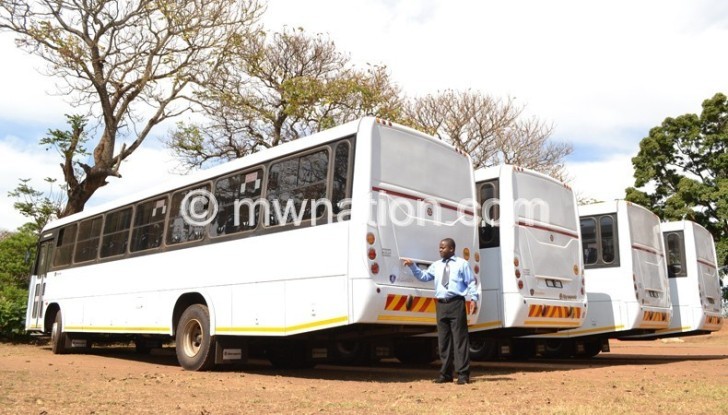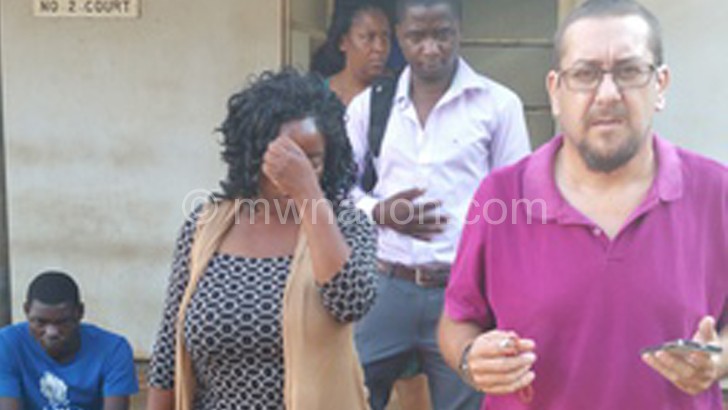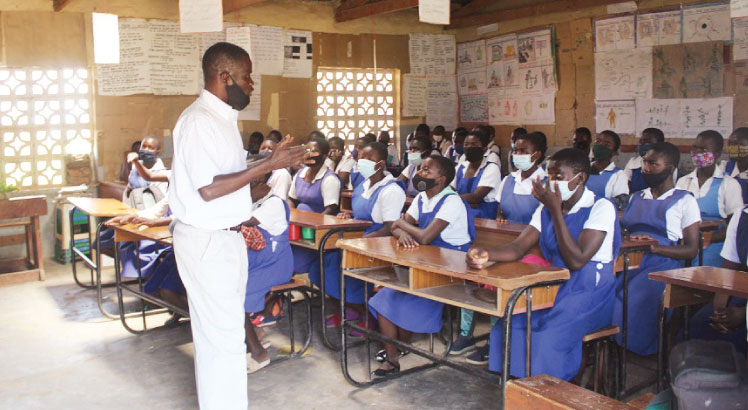Patriotism key to graft fight?
Not too long ago, on December 17 2015, Malawians joined the rest of the world in commemorating the Anti-Corruption Day in Mulanje under the theme Patriotism, Key to Fighting Corruption. In a simple view, the theme suggests that the fight against corruption is the responsibility of each and every Malawian. The Anti-Corruption Bureau (ACB) is calling for citizen action in the fight, arguing that if Malawians loved their country, the looting of government money in the infamous Cashgate would not have happened.
But why is corruption happening every day in every corner of Malawi, with cases of traffic officers receiving as low as K200 from minibus drivers to let them pass on roadblocks with unroadworthy vehicles? Indeed, there have been reports of people paying for police bail, bribing immigration officers for fast processing of passports or vendors conniving with Admarc clerks to buy more maize at depots. It is clear that 17 years since the establishment of ACB in 1998, corruption has rapidly increased as witnessed by the high levels of both grand and petty corruption. Thanks to the media for unearthing the high levels of corruption in Malawi, such as Cashgate.

It seems Malawians have accepted corruption as a way of life. Why are we not resisting, rejecting and reporting corruption? Is it because we are not patriotic? Yes, patriotism is fundamental but is it enough?
In my view, patriotism needs to be supported by a strong governance system. There is a need for strong institutional responsiveness, strong witness protection programmes, unquestionable press freedom, strong accountability mechanisms, open budget processes, and access to information, among others, if Malawi is to win the corruption fight.
People are not reporting corruption partly because our witness protection programme is very weak. If one reports his/her boss, the boss is likely to know and the one who reported may lose his/her job or life. We need to develop a strong whistle blower protection legal regime with agency guidelines for internal, complaints and reporting. One has to feel safe when reporting corruption. People are patriotic when the system is responsive, citizen action has to be supported and protected by the State. Why should one be patriotic when their sacrifice will not be supported? Why should they die for their country when the institutions continue to be corrupt? Indeed, why reject when everyone else is doing it?

Again, some public services are not close to the people, hence public officers take advantage of poor Malawians, asking them to pay extra because they need the service. Imagine someone travelling from group village head Mpholiwa in Mulanje to Blantyre to get a passport at Immigration Offices? When the officer demands money for the passport to come out fast, what will the villager do?
Essentially, patriotism is fundamental in the fight against corruption but it cannot solve the problem on its own. There is need to balance citizen action and institutional responsiveness. Malawians have to see meaningful progress from the governance system. When was the last Auditor General Expenditure report debated in Parliament? People have lost confidence in the courts, chiefs, police and many other government institutions. It is worrisome when the Judiciary appears on the corruption index of International Transparency Report.
There is also need to close loopholes in our corruption legislation. The Corrupt Practices Act, Section 42 gives ACB the powers to investigate but it cannot prosecute without the consent of Director of Public Prosecutions (DPP). This limits the ACBs operational powers and subjects the bureau to the mercy of the Ministry of Justice. This arrangement, including the appointment of ACB directors by a political body makes it difficult to prosecute political-related cases, which usually involves looting of huge sums of money. Thus, if the DPP holds consent for 30 days, prosecution will also delay for 30 days.
Government needs to consider making ACB independent to fast track prosecution of cases. More importantly, there is need to ensure funding is enough.





